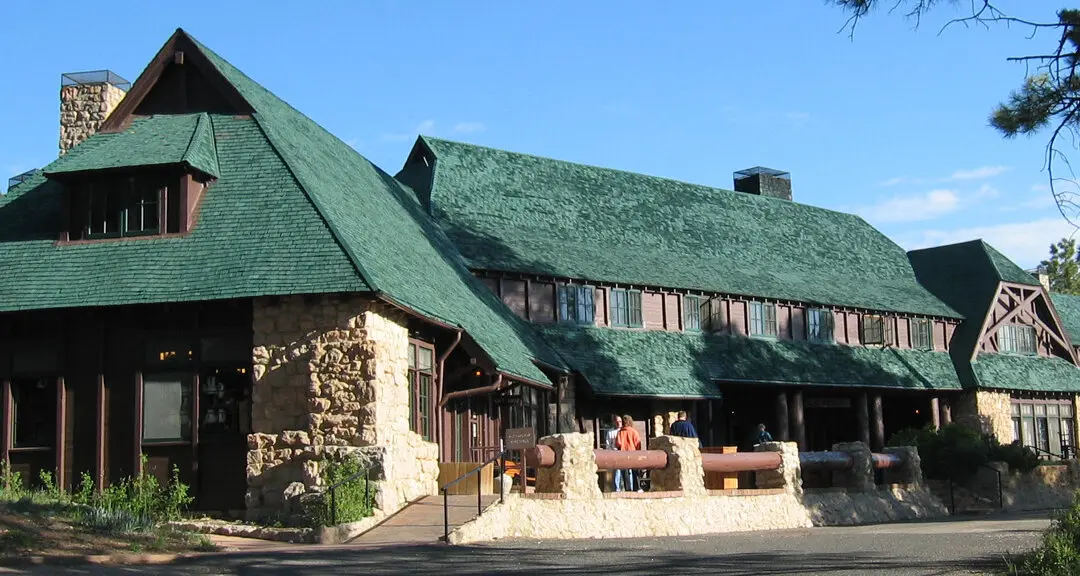Most patriotic heroes who revolted against the British monarch in the 1700s were male, but a handful of notable women played important roles as well. Author and history educator Carol Berkin reveals the little-known but vital actions of a handful of steadfast women in her 2005 book, “Revolutionary Mothers: Women in the Struggle for America’s Independence.”
Within 194 pages are detailed true accounts focusing on women from all walks of colonial life: from Margaret Corbin, who manned a cannon at Fort Washington, to Deborah Champion, who hid Continental Army dispatches under her food in a special saddlebag compartment, to Eliza Wilkinson, who documented fear and hardships for women left alone due to husbands fighting.





